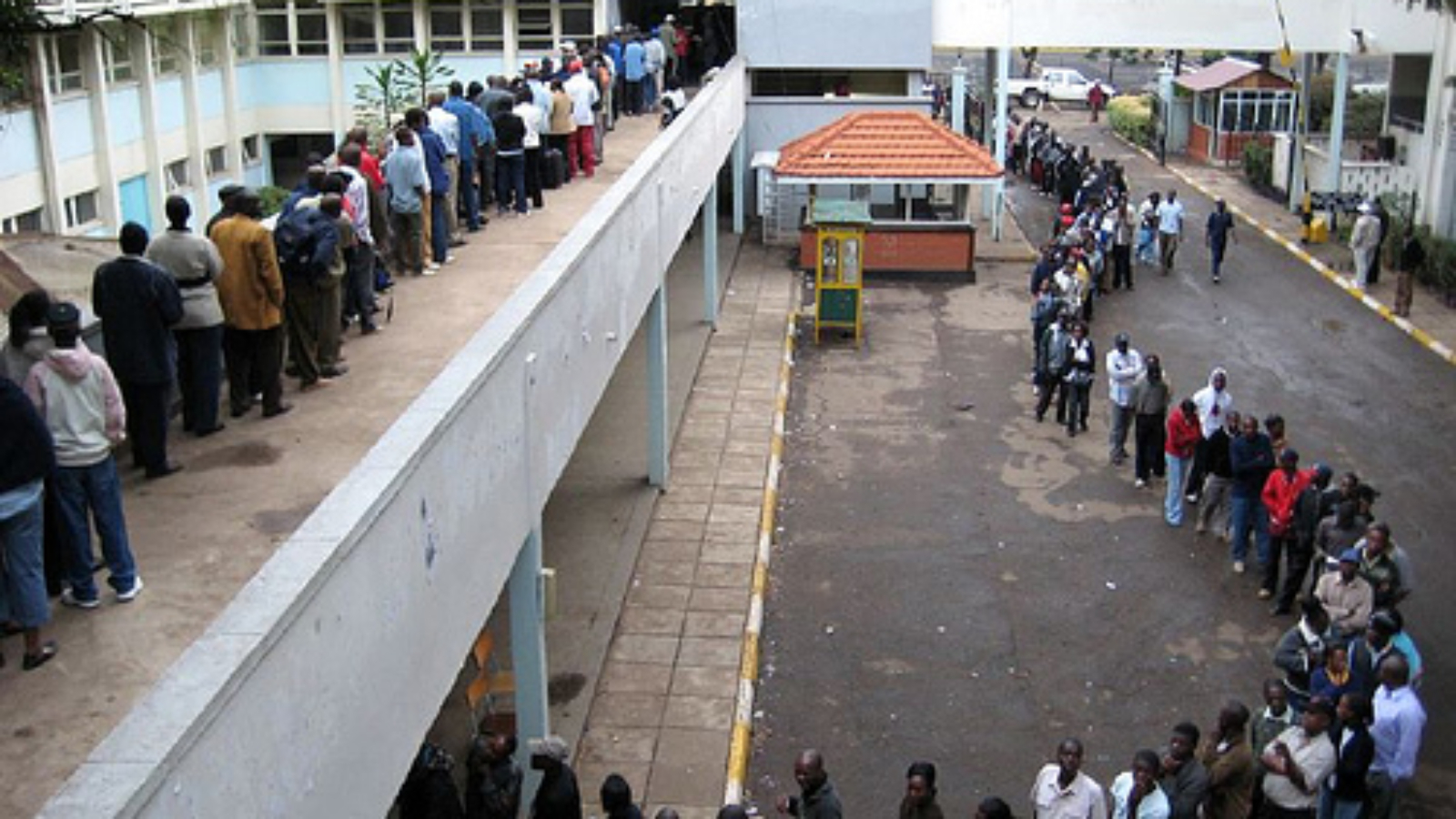Azubuike Ishiekwene, a member of the editorial board of World Policy Journal, has been an investigative reporter and a features writer. He has served as the executive publications director of Punch and is the author of Nuhu Ribadu, a book on Nigeria’s stalled anti-corruption war.
Two African countries that let themselves and the continent down three years ago are looking to mend their ways. The 2007 election was Kenya’s chance to turn the page on its history of election fraud. But that was not to be. The ruling Party of National Unity under President Mwai Kibaki shafted the electoral commission and hijacked the ballot mid-vote, leading to violent resistance across the country that left 1,300 dead and about 300,000 homeless.
The outcome of the shambolic 2007 polls in Nigeria, the self-appointed giant of Africa, may have been more restrained, but the final results left a bitter taste even in the mouth of Umaru Musa Yar’Adua, who won the presidential vote. In his inaugural speech, he admitted that the elections were “flawed,” and promised a series of constitutional reforms to avoid a repeat. Kenya is not only keen to avoid a repeat; it appears to be moving ahead to tackle the underlying causes of the 2007 post-election violence. It is widely believed that concentration of presidential powers, the feeble judiciary and parliament, and particularly the obsolete land laws, fuelled the electoral mayhem.
In a dramatic show of solidarity Kibaki and Prime Minister Raila Odinga, sworn enemies before they locked the 2007 power-sharing agreement, led the “Yes” vote in the recent constitutional referendum that many thought would finally save the country from its most entrenched demons: concentration of powers and corruption. It is now hoped that with the changes endorsed by 66 per cent of Kenya’s 12.4 million voters, the president will be more accountable to parliament, the judiciary emboldened, and ordinary citizens confident that their rights, especially their property and voting rights, would be protected.
But it is easier said than done. If constitutional changes alone could guarantee accountability and curtail corruption, Nigeria would have been a global beacon. Kenya and Nigeria, both children of British colonial rule, are roughly of the same age, the latter being only three years older. But while Kenya has had only one constitution – the one handed down by the British in 1963 – Nigeria has had several. The current one, the 1999 constitution, was wheeled into the legislative chambers months back. The amendments so far have fallen short of decentralizing power, focusing mainly on settlement of election disputes, financial autonomy for the main electoral body, and filling the power vacuum when a sitting executive is unable or unwilling to do so. The dust has yet to settle over who has the final say – the parliament, which insists that forming the amendment is part of it routine legislative tasks, or the executive which claims that no constitutional amendment can become law without the president’s assent.
Whichever way the dispute – now in the courts – is resolved, there’s hardly any doubt that neither past nor present constitutional changes have been able to guarantee stability or tame corruption. On the whole, in fact, Kenya has proved to be a far more stable country than Nigeria with a record five successful military coups in nearly 50 years and half a dozen attempted coups in between. It may be argued that Nigeria’s constitutional amendments were, ab initio, flawed because they were supervised by the military. Yet, on each occasion, the real work was done by politicians, even though they later complained that their best ideas came to a cropper.
The problem has never been paperwork. It has been the lack of willingness to play by the rules, however obvious. In the words of Solomon A. Dersso, a senior researcher at the Peace and Security Council of the ISS, “while having a just and effective constitution is important, constitutional change, of itself, cannot be expected to serve as a panacea for all of Kenya's social and political woes.” As a prominent Kenyan constitutional scholar observed, the constitution does not have arms and legs of its own to be able to transform Kenya: “For the constitution to effect the required changes, it needs much more than a re-design of institutions and the re-structuring of political power. It also requires, equally if not more importantly, a culture of constitutionalism, a culture of respecting the rule of law and abiding by the dictates of the constitution and its values.”
As Nigeria prepares for the polls in 2011 and Kenya the following year, the letter and spirit of the constitutional amendments will be put to the test. Only then will it be clear if the politicians have learnt anything.
Image via Flickr, user ianschuler
